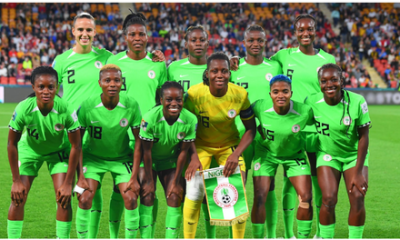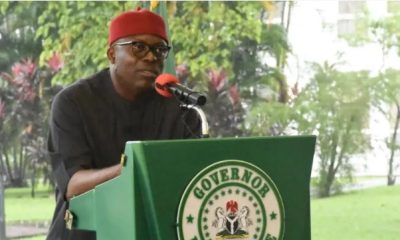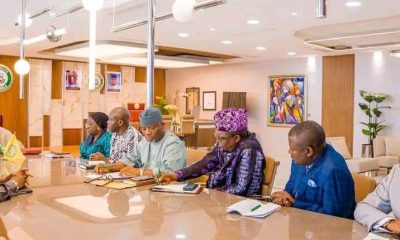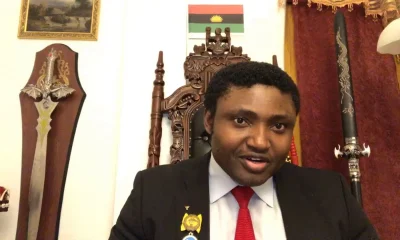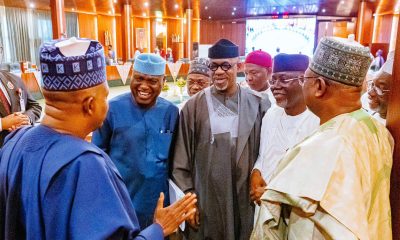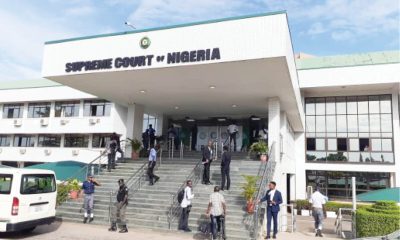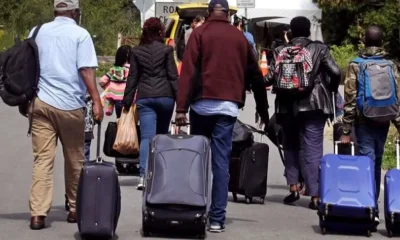Donald Trump narrowly escaped an assassination attempt at a political rally on Saturday, leaving the FBI hunting for information about how a gunman could attack a former US president.
Here is a blow-by-blow account of the shooting in Pennsylvania, where one Trump supporter was killed.
– How it unfolded –
Dressed in a white shirt, dark blazer and bright red MAGA cap, Trump was railing against illegal immigration when shots rang out at 6:08 pm (2208 GMT).
“Take a look at what happened…” he said, his words cut off by four shots in quick succession.
Trump grabbed his right ear as repeated shouts of “Get down!” were heard, before a fifth and sixth shot.
The former president crouched down behind the lectern as Secret Service agents moved in around him. Screams were heard in the crowd.
Within four seconds, further shots were fired, prompting more supporters to get down while additional agents rushed to the stage.
Seventeen seconds after the first shots, a final pop was heard and a woman screamed.
Three heavily armed members of the security forces moved onto the stage 22 seconds after the shooting started.
Secret Service agents swiftly shared instructions — such as “We’re clear” and “Let’s move” — before they lifted up a dishevelled Trump.
Visible once more, around one minute after the gunfire started, Trump said, “Let me get my shoes” as the agents formed a ring around him.
It’s another 13 seconds until Trump raised his fist to the crowd, who responded with cheers.
As the former leader was ushered off the stage, his MAGA cap in hand, onlookers chanted “USA!”.
Trump paused briefly to pump his fist in the air, before stepping off the stage.
Immediately before disappearing into an SUV and just two minutes after the assassination attempt started, Trump raised his fist once more and turned briefly towards the crowd.
As the car pulled away, heavily armed security forces dressed in khaki fatigues moved onto the scene.
– Trump says ‘felt the bullet’ –
Trump gave his first account of the shooting at 8:42 pm, posting on his Truth Social site.
“I was shot with a bullet that pierced the upper part of my right ear,” Trump wrote.
“I knew immediately that something was wrong in that I heard a whizzing sound, shots, and immediately felt the bullet ripping through the skin.”
The White House said President Joe Biden was given an initial briefing on the incident by 6:50 pm.
“There’s no place in America for this kind of violence. It’s sick. It’s sick,” Biden told reporters in Rehoboth Beach, Delaware.
Shortly before 10:30 pm, Biden’s office said he had spoken to Trump and would cut short his beach weekend to return to Washington.
– Shooter named –
The FBI identified the shooter as Thomas Matthew Crooks, a 20-year-old from Pennsylvania’s Bethel Park, according to US media.
Crooks was named by the FBI “as the subject involved in the assassination attempt of former President Donald Trump”.
The Secret Service said the shooter “fired multiple shots toward the stage from an elevated position outside the rally” before being “neutralized” by agents.
Multiple witnesses said they saw the gunman before the shooting and alerted authorities.
Trump supporter Ryan Knight said he saw the attacker in a nearby building.
“When I was sitting there, a guy said: ‘Oh God, he had a gun’,” Knight told journalists.
Local police said they had “responded to a number of reports of suspicious activity” but gave no further details.
The attacker was armed with an AR-15 semi-automatic rifle, US media reported.
– Victims –
The gunman and a bystander were killed at the rally, while two spectators were critically wounded.
Two witnesses told US media they saw a man fatally shot in the head.
“The man beside me suffered a gun shot to the head, was instantly killed (and)… Another woman looked like she got hit in the forearm or hand,” a man, whose name was only given as Joseph, told NBC News.
A second witness, who said he was an emergency doctor, said he went to help after someone shouted that a person had been shot.
“The guy had spun around, and was jammed between the benches. He had a headshot here,” he said, indicating a spot on his head, in comments shared widely in US media.
“There’s lots of blood and he had brain matter,” said the man, who was wearing a white USA T-shirt stained with blood.



